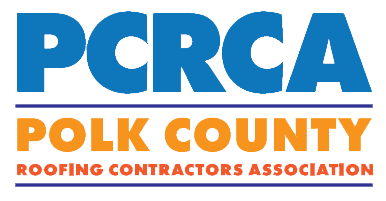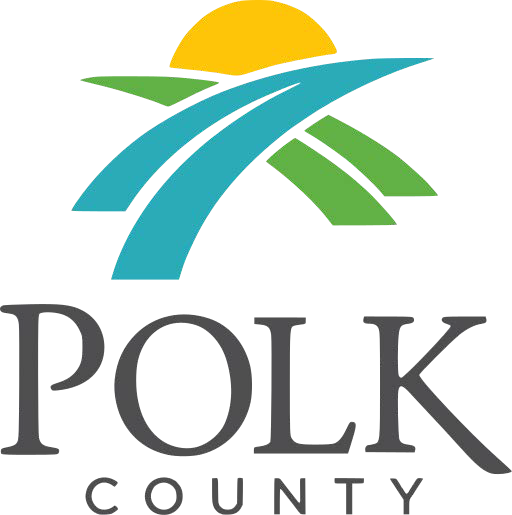Great to see you here!
ROAR FLORIDA was founded to provide meaningful lifestyle options and housing for people with intellectual or developmental disabilities. The ROAR FLORIDA community is the culmination of the dreams of the co-founders and the hundreds of volunteers who have helped along the way. There are currently 140+ residents living independently with the help of their fellow residents, families, friends, caregivers, and supporters. Our community is designed to help develop the skills needed for independent living.
ROAR FLORIDA is similar to a retirement community, offering residents, caregivers, and families various social, recreational, educational, and vocational opportunities. Because this is intended to be a lifelong residential community, we strive to support evolving personal care needs as residents age.
Our Residents
We provide a caring and
supportive community
that promotes independence
to ensure our residents
lead fulfilling lives.
Become a Donor
We are so grateful for our sponsors and partners who provide the support needed to help our residents and friends on their journey to independent living.
Our Housing
We understand everyone’s needs are unique. We have taken care to ensure our housing provides a safe, accessible, and welcoming environment for all residents.
Become a Volunteer
Come and help our residents and friends on their journey to independent living.
Our Housing
We understand everyone’s needs are unique. We have taken care to ensure our housing provides a safe, accessible, and welcoming environment for all residents.
Become a Volunteer
Our donors
We would like to express our heartfelt gratitude to our partners and donors for their generous support.
This support enables us to achieve our goals and pursue our mission












More than just a name.
Our name, ROAR FLORIDA, was born from the heart of our mission. As we passionately discussed our mission of maintaining and developing a housing community where individuals with unique capabilities can thrive and redefine their skills, a single word emerged – “ROAR.” This word encapsulated the strength, determination, and courage of our community members. But it’s more than just a word; it represents the mindset of our community: “Redefining Our Abilities and Relationships.” It is a name that embodies our commitment to empowering individuals, fostering meaningful connections, and inspiring everyone to ROAR with resilience.

ROAR FLORIDA’s renter’s insurance partner is Guided Insurance – Get your quote now.
